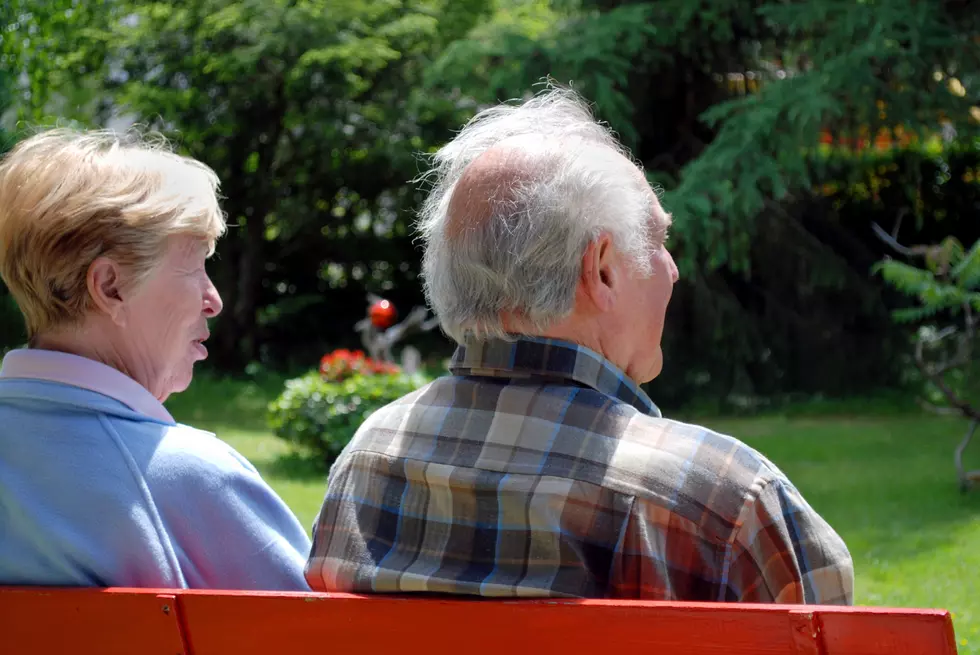
Here’s When Mass Health (Medicaid) Can Go After Your House!
If a Massachusetts resident is over 55 and becomes seriously ill and needs to apply for Medicaid (MassHealth), let's say because of a need to get into a long term or permanent facility (nursing home), MassHealth will collect any unpaid debt. MassHealth can only do so, however, upon their death.
We are certainly not a wealthy family so in order to protect any inheritance my brothers and I may be eligible for, there are certain steps that need to be taken. This post is written in the first person, however, many can relate to this type of situation.
In general, MassHealth can only pursue payment from the assets of the deceased member's estate. In general, MassHealth will not pursue any unsatisfied claim amount from your family or loved ones if the assets in your estate were not enough to repay the MassHealth claim in full. -mass.gov
How Does One Protect Their Home From MassHealth?
My mother and I recently had an appointment with an estate planner about this very subject. One of the options is a trust and we decided to go that route. You can put your home in a trust with your children as beneficiaries.
Will That Immediately Protect Your Home If You Need MassHealth?
No.
This is important to note. There is a five year waiting period. For example if you need MassHealth at anytime within that five year period from when the deed was changed, MassHealth upon your death can collect from profits of a sale.
If MassHealth covers your long-term care, it won't take your home and force you out, but the program may take profits from its sale – profits that your beneficiaries are counting on. -ladimerlaw.com
I hope you found this post informative.
QUIZ: Can you identify 50 famous companies by their logos?
More From WBEC AM









